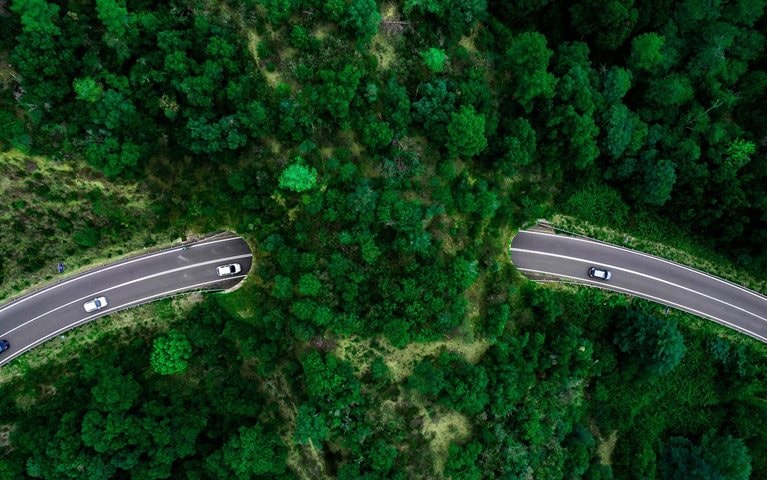The natural world is both precious and the backbone of stable communities, industries, and climate systems. But despite early successes and excitement around nature-based solutions to social and environmental challenges, a gap remains between what’s being done today and what’s needed tomorrow.
McKinsey recently brought together dozens of leaders—from heads of startups to global institutional investors—during Climate Week in New York City for a roundtable on the theme of “Financing nature-based solutions at scale.” The conversation that followed included the presentation of three case studies and a group problem-solving session on each.
“These conversations were real, honest, and involved stakeholders at every level,” says associate partner Caroline De Vit, who helps lead McKinsey’s work on natural capital. “And in each one, we talked about how to make these solutions work—financially, for local communities, for everyone.”
The first case study, for example, focused on Pacific Island Tuna and Walmart’s commitment to provide the market with more sustainably sourced tuna. Afterwards, participants looked at what it would take to scale the partnership beyond where it is currently focused, in the Marshall Islands, to other Parties to the Nauru Agreement, which controls 50 percent of the global supply of skipjack tuna.
These conversations were real, honest, and involved stakeholders at every level.
Another was presented by Taking Root, which centered on the opportunity to create long-term value from forests for smallholder farmers who take part in reforestation programs to accelerate the scale-up of nature-based solutions carbon credits. Community land use decisions that hinge on economic livelihoods and long-term planning that creates value for all stakeholders will help ensure agricultural and forestry nature-based solutions scale sustainably.
And a third centered on Indonesia’s PT Rimba Makmur Utama, which is helping the Katingan Peatland Restoration and Conservation Project restore and protect peat swamp forest, and the challenges and opportunities they face.
Over the course of the day, several widely applicable ideas on better enabling nature-based solutions at scale emerged. Read on for participants’ takeaways from the session.
Build trust early among all stakeholders
For a nature-based solution to work, the value proposition must make sense for everyone involved. Talk with developers, NGOs, universities, technology innovators, corporates, and other investors early to understand if a solution design aligns with investor impact priorities and risk and return expectations (and vice versa). Use these discussions as well to surface new ideas on everything from tech to business models to financing.
Think beyond carbon credits
While carbon credits can play an important role to monetize nature-based solutions, it’s important to consider complementary self-sustaining revenues (such as sustainable agriculture or fishing). These will help the long-term economics by embedding permanent change into the fabric of the business. As markets mature, other types of credits could unfold to support nature.
Design for scalability
All pilots should also be designed and run with the idea of scaling in the future. With this built into the mindset and the structure of the project, it will be easier to maximize impact and fully leverage knowledge and experience gains.
Use data and technology for a fuller picture on returns
Measuring and tracking livelihood, health, and nature-related outcomes, especially at the local level, can unlock financing and ensure long-term success. Some leaders in the space are following a landscape-based approach, focusing on economic and social outcomes at the local level. Participants also identified innovations from other interventions beyond nature such as public health, microfinance, or human rights.
Involve local communities for long-term success
People living in the communities a nature-based solution will impact need to be on board. These fishermen, farmers, and families should have continued incentive to participate, and financing models must be self-sustaining. The most successful projects are championed by local communities, and building that trust takes time.

